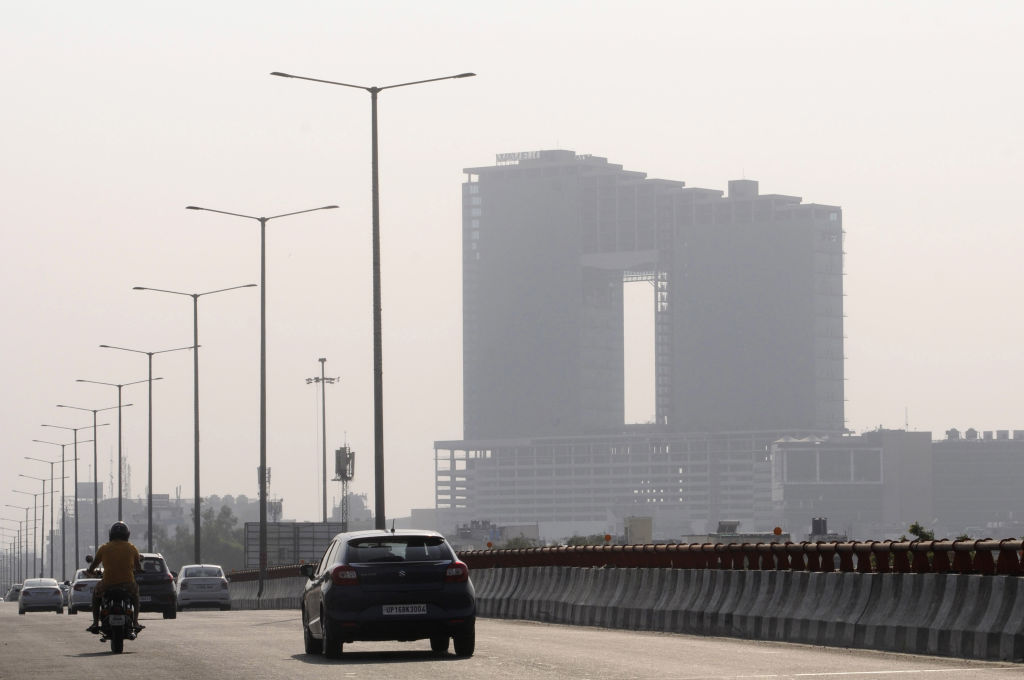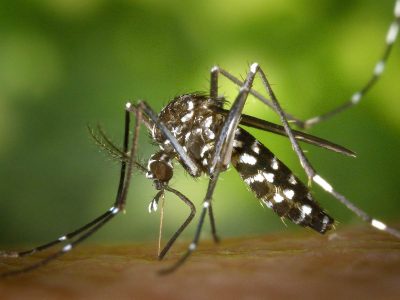Air quality in Delhi worsened to “severe” levels once again on Friday due to a drop in temperatures and sluggish wind speeds during the night, resulting in the accumulation of pollutants.
At 8 am, the city’s Air Quality Index (AQI) stood at 401.
Delhi has been observing a gradual uptick in AQI levels following a slight improvement last Sunday.
The 24-hour average AQI, recorded at 4 pm daily, showed figures of 390 on Thursday, 394 on Wednesday, 365 on Tuesday, 348 on Monday, and 301 on Sunday.
This increase in AQI levels coincided with the removal of strict regulations by the Centre on Saturday, which included lifting the ban on construction work associated with linear projects and the entry of polluting trucks into Delhi. This was done after pollution levels dropped due to favorable wind speed and direction.
Neighbouring areas like Ghaziabad (386), Gurugram (321), Greater Noida (345), Noida (344), and Faridabad (410) also registered “very poor” to “severe” air quality.
The AQI scale ranges from zero to 50 considered “good”, 51 to 100 “satisfactory”, 101 to 200 “moderate”, 201 to 300 “poor”, 301 to 400 “very poor”, 401 to 450 “severe”, and above 450 “severe-plus”.
As per the air quality early warning system developed by the Pune-based Indian Institute of Tropical Meteorology, pollution levels are expected to fluctuate between “very poor” to “severe” categories over the next five to six days.
Data from a collaborative effort between the Delhi government and the Indian Institute of Technology (IIT), Kanpur, indicated that vehicular emissions accounted for approximately 38 percent of the capital’s air pollution on Thursday.
Secondary inorganic aerosols—particles like sulfate and nitrate formed in the atmosphere due to the interaction of gases and particulate pollutants from sources such as power plants, refineries, and vehicles—constituted the second major contributor to Delhi’s polluted air, contributing 25 to 35 percent of the city’s air pollution over the past few days.
Biomass burning, including post-harvest paddy straw burning in neighbouring states, contributed to 21 percent of the capital’s air pollution the previous day. (With inputs from PTI)





